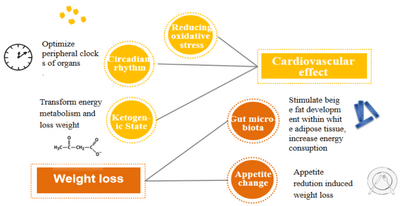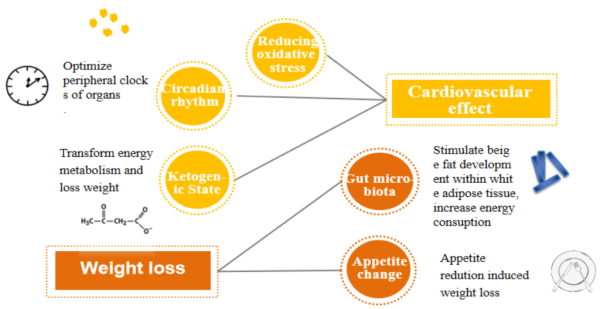

A new study has provided further evidence supporting the benefits of intermittent fasting, highlighting its role in weight loss and improving key metabolic functions in individuals struggling with obesity. The research, conducted by scientists from various institutions in Spain, aimed to analyze the effects of different intermittent fasting schedules, particularly time-restricted eating (TRE), on fat loss and overall health. The study followed 197 participants aged between 30 to 60 years who were classified as overweight or obese. Over a 12-week period, these individuals adhered to the Mediterranean diet while receiving structured nutritional guidance. The findings strongly support the idea that integrating healthy eating habits with intermittent fasting can enhance treatment outcomes for obesity. The study builds upon previous research and further solidifies the belief that fasting methods can significantly contribute to better health and weight management.
Published in the journal Nature Medicine, the research highlights the effectiveness of an early time-restricted eating schedule, where the last meal is consumed before 5 PM and no dinner is eaten at night. This strategy has been identified as a safe and efficient method for reducing subcutaneous abdominal fat, which is the fat located just beneath the skin. This is particularly beneficial after periods of excessive eating, such as during festive seasons like Christmas. The study also brings attention to the alarming obesity trends in Spain, where approximately 70% of men and 50% of women are overweight or obese. This excess weight is closely associated with a range of metabolic disorders, including type 2 diabetes, which significantly raises the risk of cardiovascular diseases, hypertension, and even certain types of cancer. The rapid increase in obesity rates not only impacts an individual’s quality of life but also places immense pressure on the public health system, making it a critical health concern.
The importance of scientific research in developing effective yet practical solutions to combat obesity has been underscored in recent years. While traditional calorie-restriction diets have long been promoted for weight loss and cardiovascular health, they present a major challenge when it comes to sustainability. Many individuals struggle to maintain these diets in the long term, often leading to high dropout rates. This results in weight regain, with some individuals even surpassing their initial weight before they started the diet. Intermittent fasting, particularly time-restricted eating, has emerged as a viable alternative that not only promotes weight loss but also ensures better adherence compared to conventional calorie-restriction methods.
This study adds to the growing body of evidence that supports fasting as a strategic approach to weight management and metabolic health. Experts believe that intermittent fasting offers a more practical and sustainable way for individuals to lose weight and maintain their health, reducing the risk of serious diseases associated with obesity. With more research continuing to explore the long-term effects of fasting, it is becoming increasingly clear that adjusting meal timing can be just as crucial as modifying dietary choices.
The post appeared first on .